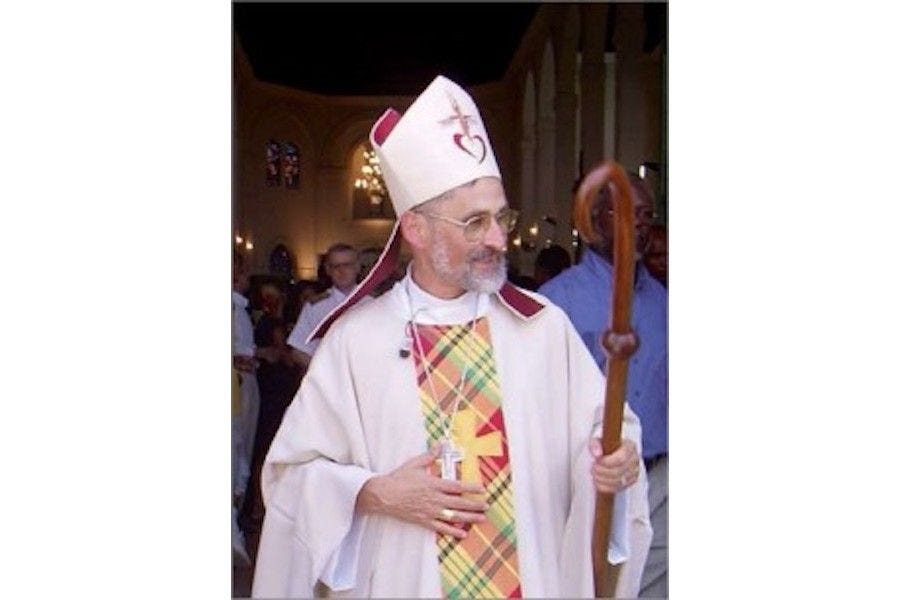
The Vatican has found French Guiana’s retired Bishop Emmanuel Lafont guilty of sexual abuse and ordered him to observe a life of prayer and penance at a French monastery. The bishop has been accused of sexual misconduct with immigrants whom he had housed in his episcopal residence.
The retired bishop is also facing a civil investigation by the Cayenne pu…
